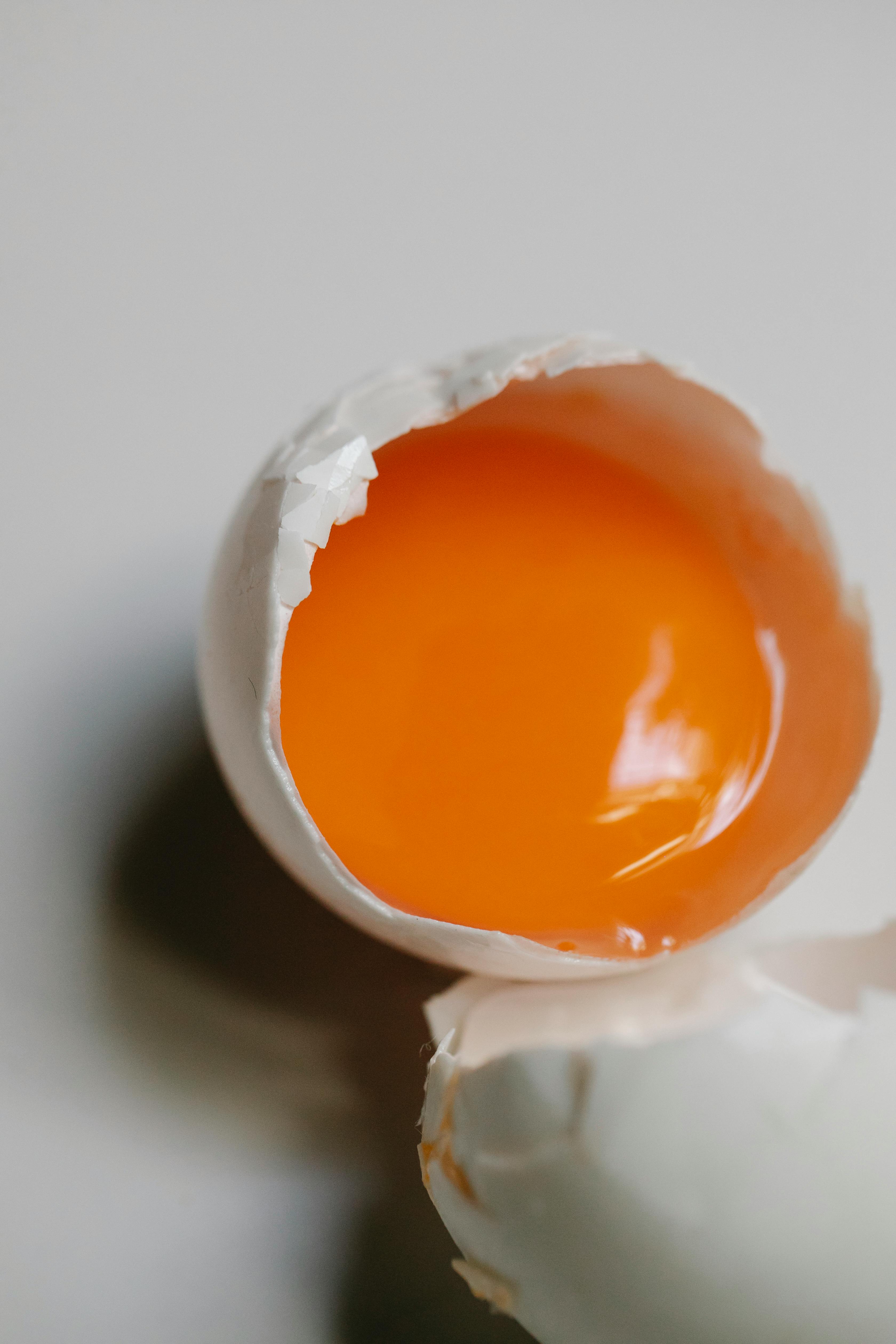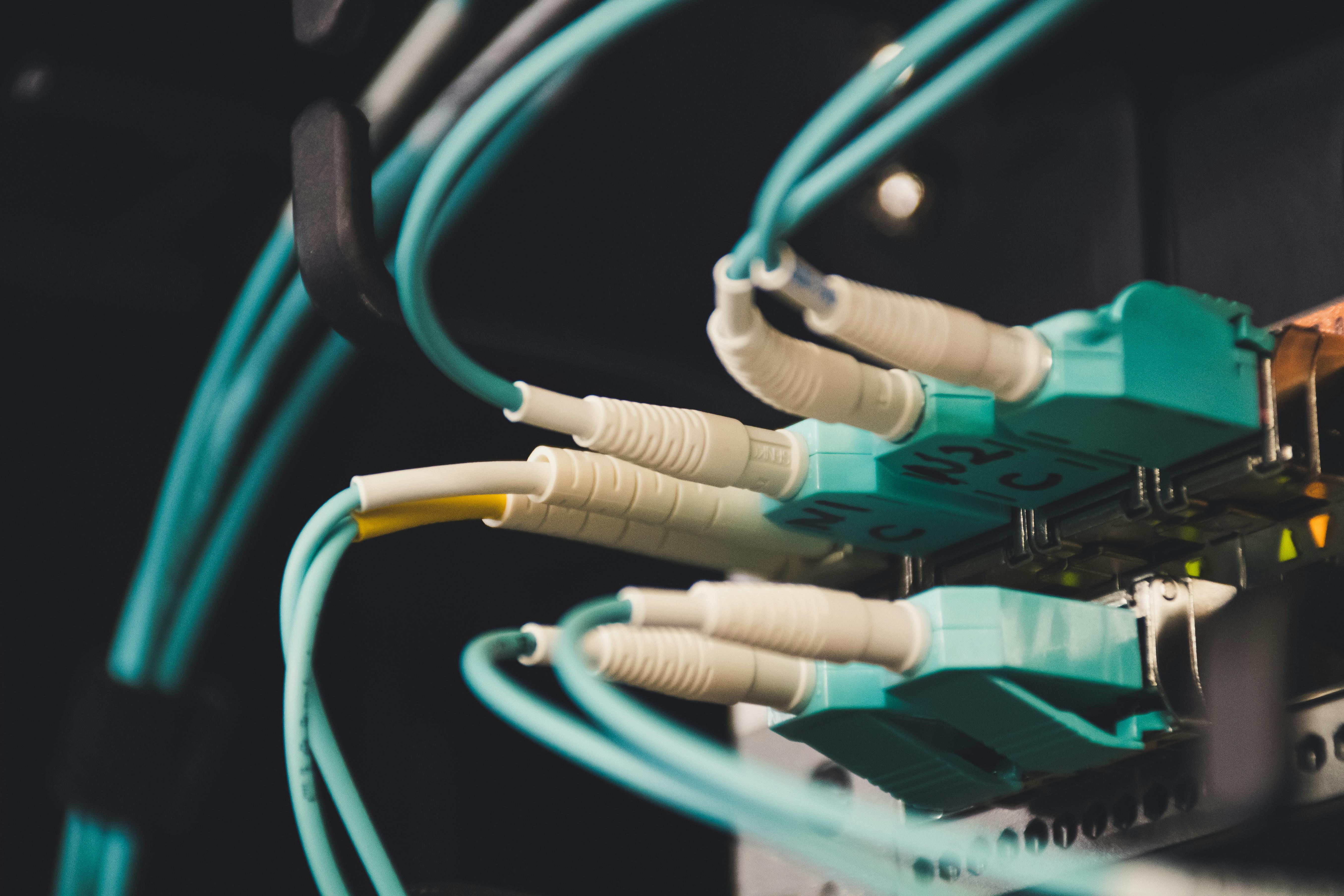How to Speed Up Healing a Bitten Tongue: 5 Proven Tips for 2025

How to Heal a Bitten Tongue Faster: 5 Effective Tips for Quick Recovery in 2025
Getting a bitten tongue can be a painful experience, often occurring when eating, talking, or during physical activities. Understanding how to heal a bitten tongue quickly is essential, not only for physical comfort but also to avoid complications. This article will provide effective tips and remedies that can help speed up your tongue's healing process while offering insights into care and best practices. From natural treatments to dietary considerations, we will explore various methods that can alleviate pain and promote recovery.
Moreover, knowing which foods to avoid and how to manage your oral hygiene post-injury play crucial roles in faster healing. Our aim is to equip you with practical advice to improve your healing process and minimize discomfort. Here’s what you can expect to learn: the best methods to treat your bitten tongue and how to take care of your tongue injury.

Effective Methods to Heal a Bitten Tongue
Natural Remedies for a Bitten Tongue
Utilizing natural remedies can significantly aid in the recovery of a bitten tongue. Honey, for instance, has antibacterial properties and helps soothe the wound. Applying a small amount of honey directly to the affected area can promote healing and reduce inflammation.
Another effective option is vitamin E oil, known for its skin-repairing capabilities. Gently massaging vitamin E oil onto the sore spot can improve healing and soothe the area. Additionally, herbal remedies such as chamomile tea can be utilized as a rinse to provide anti-inflammatory benefits.
Finally, staying hydrated is crucial. Drinking plenty of water not only aids in the healing process but also helps keep your mouth moist, minimizing discomfort.
Use of Mouthwash and Oral Antiseptics
Incorporating a gentle mouthwash can promote hygiene without irritating the wound further. Look for mouthwash specifically designed for healing oral wounds, as these contain ingredients that can speed up recovery. Avoiding alcohol-based mouthwashes is crucial, as they may cause additional burning and irritation.
Oral antiseptics can help in preventing infections that might complicate your healing process. Using a diluted antiseptic solution can provide relief and support recovery.
When applying any treatments, be cautious and gentle, avoiding any pressure on the bitten area to prevent further injury.

Dietary Adjustments to Aid Healing
After sustaining a tongue injury, it's essential to consider your diet carefully. Avoiding spicy and acidic foods can prevent further irritation. Foods that are soft and easy to chew, such as yogurt, mashed potatoes, and smoothies, can be more comfortable to consume. These foods not only reduce pain but also provide essential nutrients to encourage healing.
It's also important to incorporate healing foods rich in vitamin C and antioxidants to boost your immune system. Berries, leafy greens, and fish are excellent choices for recovery.
Moreover, staying hydrated facilitates better healing. Drinking ample fluids will help your body repair itself more efficiently.
Managing Pain and Discomfort
Pain management is crucial when dealing with a bitten tongue. Ice can be an effective solution to alleviate swelling and numb pain. Applying an ice pack wrapped in a cloth directly to the outside of your mouth may provide relief.
Over-the-counter pain relief medications, such as ibuprofen or acetaminophen, can help ease discomfort as well. Always remember to follow dosing instructions, and consult a healthcare professional if pain persists.
Additionally, using soothing gels designed for oral injuries can help coat the wound, providing a protective barrier while reducing irritation.
When to See a Doctor
While most cases of a bitten tongue heal on their own, complications can arise. If you experience excessive bleeding, severe pain, or signs of infection such as pus or prolonged swelling, it's crucial to consult a healthcare professional. They can provide guidance and prescribe necessary treatments to manage more complex issues.
Understanding when to seek help is a critical part of care for a bitten tongue, ensuring proper attention and recovery.
Best Practices for Tongue Healing
Proper Oral Hygiene Post-Injury
Maintaining good oral hygiene after your tongue injury is key to preventing infections. Gently brushing your teeth and tongue with a soft-bristle toothbrush can help keep the area clean while minimizing irritation. Avoid vigorous brushing near the wound to prevent additional trauma.
Rinsing with warm saltwater can aid in cleansing the mouth and reducing discomfort. Mixing about a teaspoon of salt in a glass of warm water and rinsing several times a day can significantly enhance healing.
Additionally, consider using a fluoride toothpaste to aid in oral health without causing additional irritation.
Creating a Restful Environment for Recovery
Resting your tongue is essential for quick recovery. Avoid talking excessively and refrain from consuming hard or crunchy foods. This allows the tissue to heal more rapidly and reduces the risk of further injury.
Minimizing stress and allowing your body to focus on healing can also improve recovery times. Take a break from physical activities that might put stress on your mouth and tongue.
Incorporating relaxation techniques such as deep breathing or meditation can further enhance the healing process.
Understanding the Healing Timeline
Healing should begin within a few days for minor tongue bites, but complete recovery may vary from person to person. Understanding how long for a bitten tongue to heal is important. Generally, minor injuries can heal within 7 to 14 days, while deeper injuries may take longer.
Monitoring your symptoms throughout the recovery process will help identify any concerns that might indicate complications. Keeping an eye on the healing timeline allows you to adjust your recovery approach as needed.
Alternative Healing Approaches
Exploring alternative healing methods may also provide additional benefits. Acupuncture and other holistic practices have demonstrated effectiveness in pain management and recovery for various injuries.
Herbal treatments, such as aloe vera and calendula ointment, have properties that may assist in healing oral injuries. Always consult with healthcare professionals before trying new approaches, especially when dealing with injuries.
Understanding these alternative methods can provide a comprehensive approach to care for a bitten tongue and overall healing.
Common Questions About Tongue Injuries
What are the common symptoms of a bitten tongue?
Typically, symptoms include pain, swelling, and a visible wound on the tongue. You may also experience difficulty speaking or eating.
How can I speed up tongue healing?
Using natural remedies, maintaining oral hygiene, and avoiding irritants such as spicy foods can help speed up healing.
When should I seek medical attention for a tongue bite?
Seek help if you encounter excessive bleeding, severe pain, or signs of infection that do not improve within a few days.
What foods should I avoid after biting my tongue?
Avoid spicy, acidic, or hard foods as they can irritate the injury and prolong recovery time.
Are there any natural treatments for tongue injuries?
Yes! Honey, vitamin E oil, and warm saltwater rinses are effective natural treatments that promote healing.